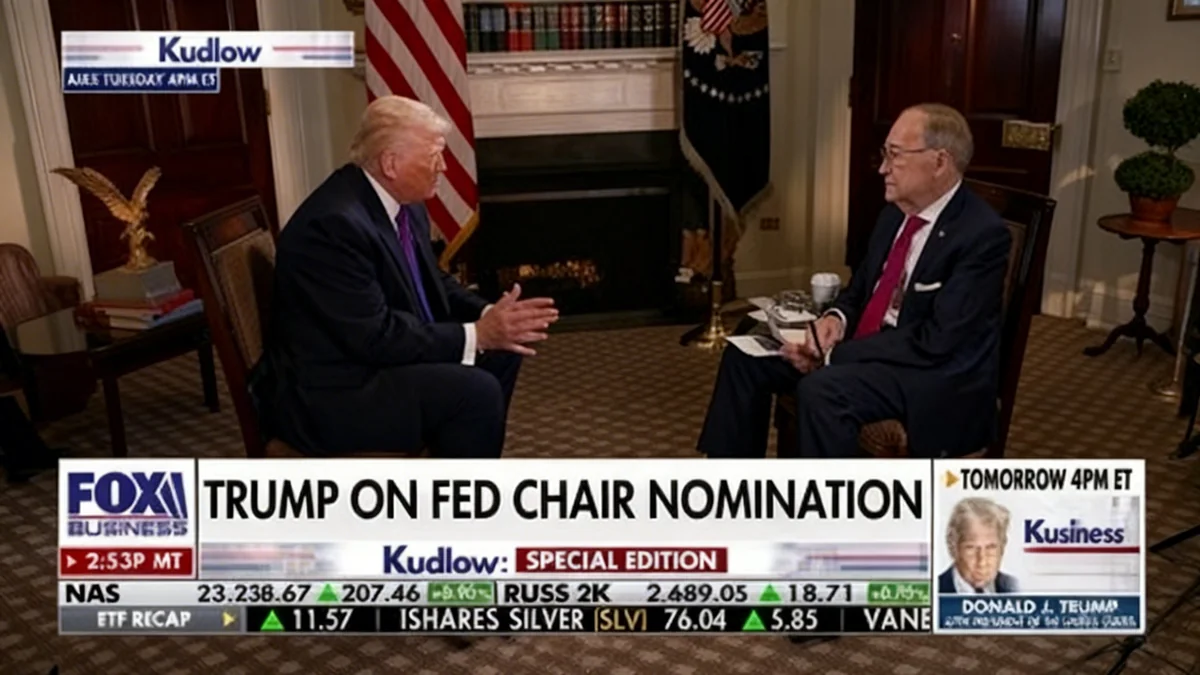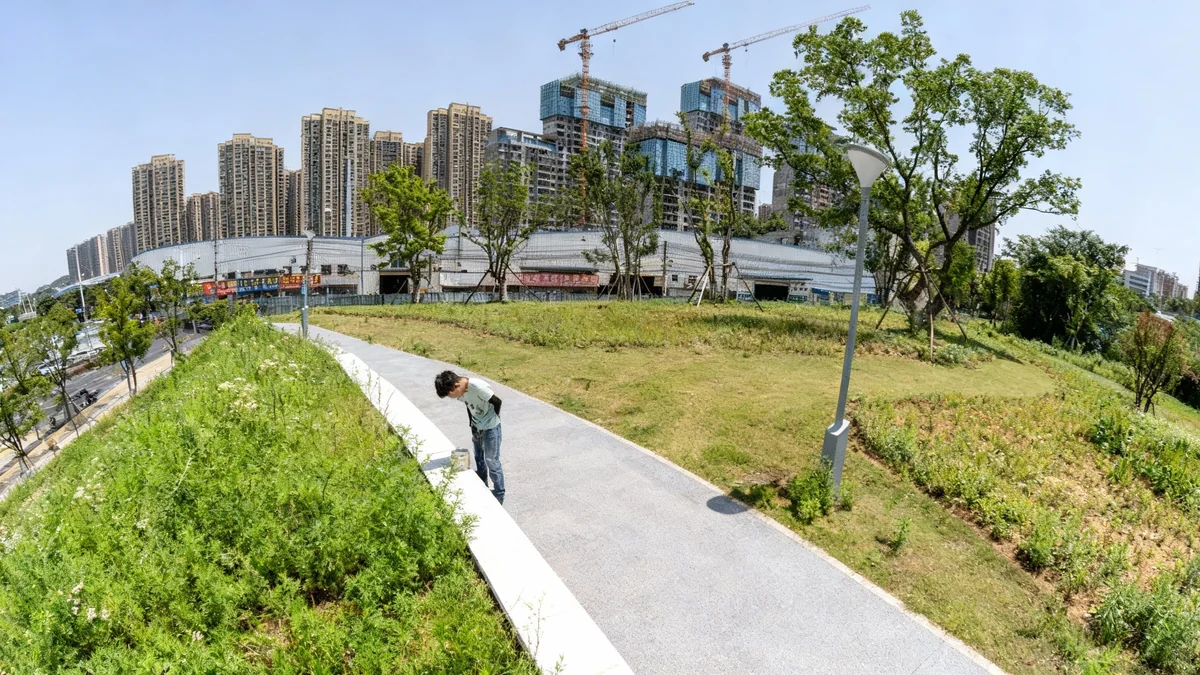Deputy Prime Minister and Minister of Economy and Finance Koo Yun-cheol announced on October 13, 2025, that the government is committed to ensuring housing stability for citizens. This will be achieved through balanced management of the real estate market's supply and demand. He also outlined strategies for domestic demand revitalization and external risk management, noting signs of economic recovery.
Key Takeaways
- Government aims for housing stability through balanced real estate supply and demand.
- Economic recovery observed since the second half of this year.
- Policies will boost domestic demand, including consumption coupons and regional investment.
- External economic risks, such as tariff negotiations and exchange rates, will be managed.
- Tax revenue projected to increase by 33.4 trillion Korean won, reaching 369.9 trillion won.
Government Focus on Housing Stability
Deputy Prime Minister Koo Yun-cheol made these statements during the 2025 audit of state affairs. The event was held at the National Assembly's National Policy Committee. His remarks underscored the government's priority on public welfare.
During his opening address at the Planning and Finance Committee audit, Vice Prime Minister Koo stated,
"We will manage supply and demand in the real estate market in a balanced manner with the goal of ensuring housing stability for the public."This commitment highlights a key area of public concern.
Fact: Real Estate Market
Housing stability is a critical factor for economic well-being. Government intervention in supply and demand aims to prevent sharp price fluctuations and ensure affordable housing options.
Economic Recovery and Domestic Demand
The Deputy Prime Minister also provided an assessment of the current economic situation. He noted positive indicators emerging in recent months. The economy is showing signs of regaining strength.
According to Koo,
"Since the second half of this year, consumer sentiment has been improving, and retail sales are showing signs of recovery."He further added that the sluggish growth trend from the second quarter of 2024 has recently reversed. This suggests a positive shift in economic momentum.
To sustain this recovery, specific policy directions are being implemented. The government plans to boost domestic demand through various initiatives. These measures are designed to increase consumer spending and business activity.
Economic Context
Economic recovery efforts often involve stimulating both consumer spending and investment. Government programs like consumption coupons directly inject funds into the economy, encouraging people to spend more.
Boosting Consumption and Investment
Vice Prime Minister Koo emphasized continued support for domestic demand revitalization. This includes a second round of consumption coupons and discount festivals. These programs aim to spread the momentum of consumption recovery across different sectors.
Additionally, the government plans to reinforce construction investment. This investment will focus on regional development projects. Swift execution of the supplementary budget is also a priority to expedite economic growth. These actions are expected to create jobs and stimulate local economies.
The government also intends to alleviate the burden of major living costs. This includes expenses such as food, energy, transportation, and communication. Reducing these costs can improve household disposable income and further boost consumption.
Managing External Economic Risks
Ensuring economic stability also requires careful management of external risks. The Deputy Prime Minister outlined several strategies for this. These measures aim to protect national interests in a globalized economy.
One key area is tariff negotiations with the United States. The government will prioritize national interests in pursuing follow-up measures for these discussions. This approach seeks to secure favorable trade conditions.
Another crucial aspect is the stable management of the foreign exchange market. This includes monitoring and managing exchange rates. A stable exchange rate is vital for trade and investment. It helps to prevent economic volatility.
- Prioritizing national interests in U.S. tariff negotiations.
- Stably managing the foreign exchange market, including exchange rates.
- Preparing a roadmap for inclusion in the MSCI developed country index this year.
Fiscal Management and Public Sector Innovation
Regarding fiscal management, the Deputy Prime Minister reported updated tax revenue projections. The re-estimation for September shows positive results. This year's tax revenue is now projected to be 369.9 trillion Korean won. This represents a significant increase of 33.4 trillion won from the previous year's figures.
Vice Prime Minister Koo stated,
"We will continue to improve systems to enhance the objectivity and transparency of tax revenue estimates."This commitment aims to build greater public trust and accountability in financial reporting.
Tax Revenue Increase
The projected increase of 33.4 trillion Korean won in tax revenue indicates stronger economic activity and potentially improved tax collection efficiency. This additional revenue can support public services and investment projects.
Innovation plans for the public sector were also discussed. These plans focus on improving efficiency and accountability. Public institutions are targeted for reforms to enhance their operations.
Reforms to the public institution evaluation system and the Public Institution Management Committee are central to these efforts. The goal is to enhance the quality and responsiveness of public services. This will benefit citizens by making government services more effective and transparent.
Overall, the government's strategy combines direct economic stimulus with careful financial management and systemic reforms. These efforts aim to build a more stable and prosperous future for the public.





